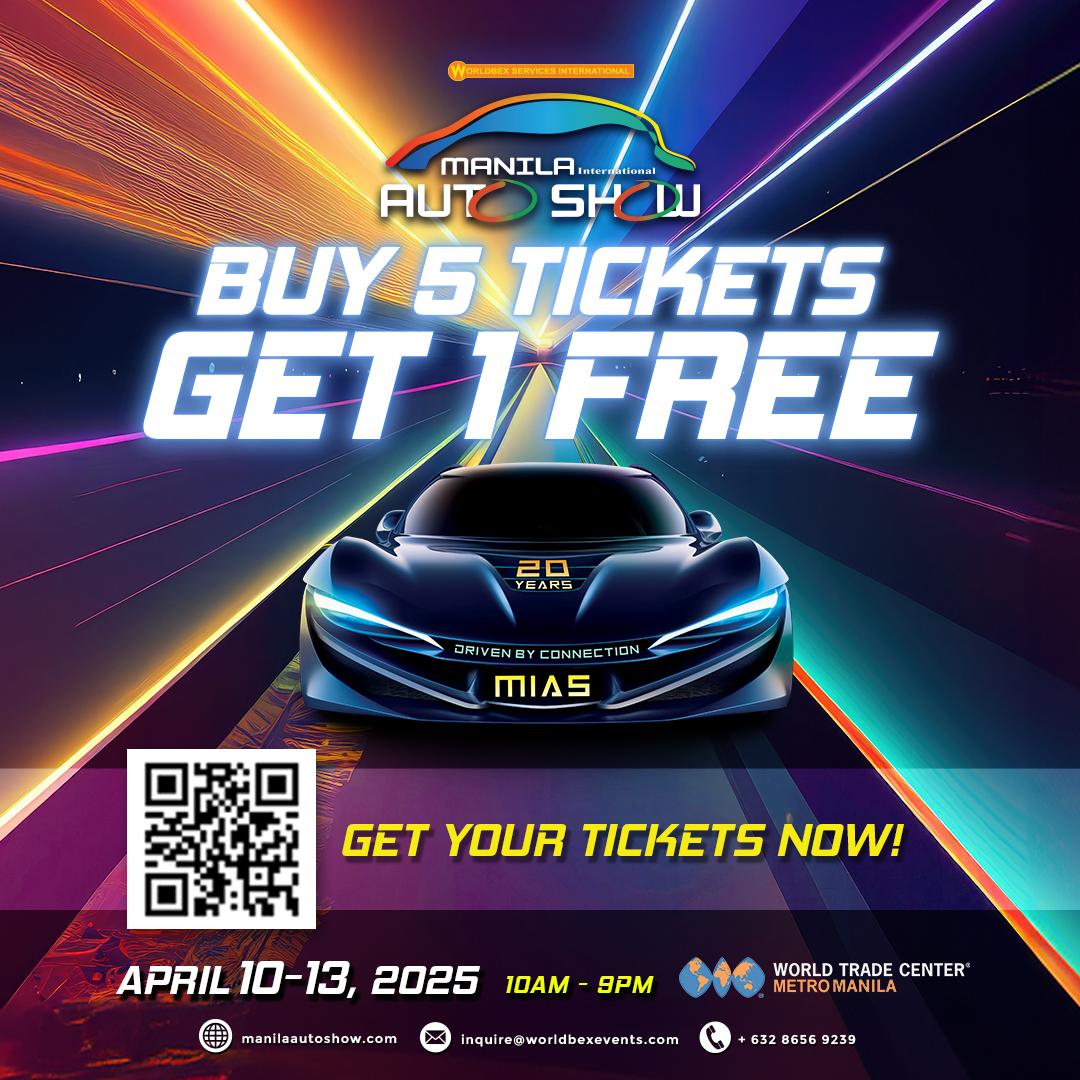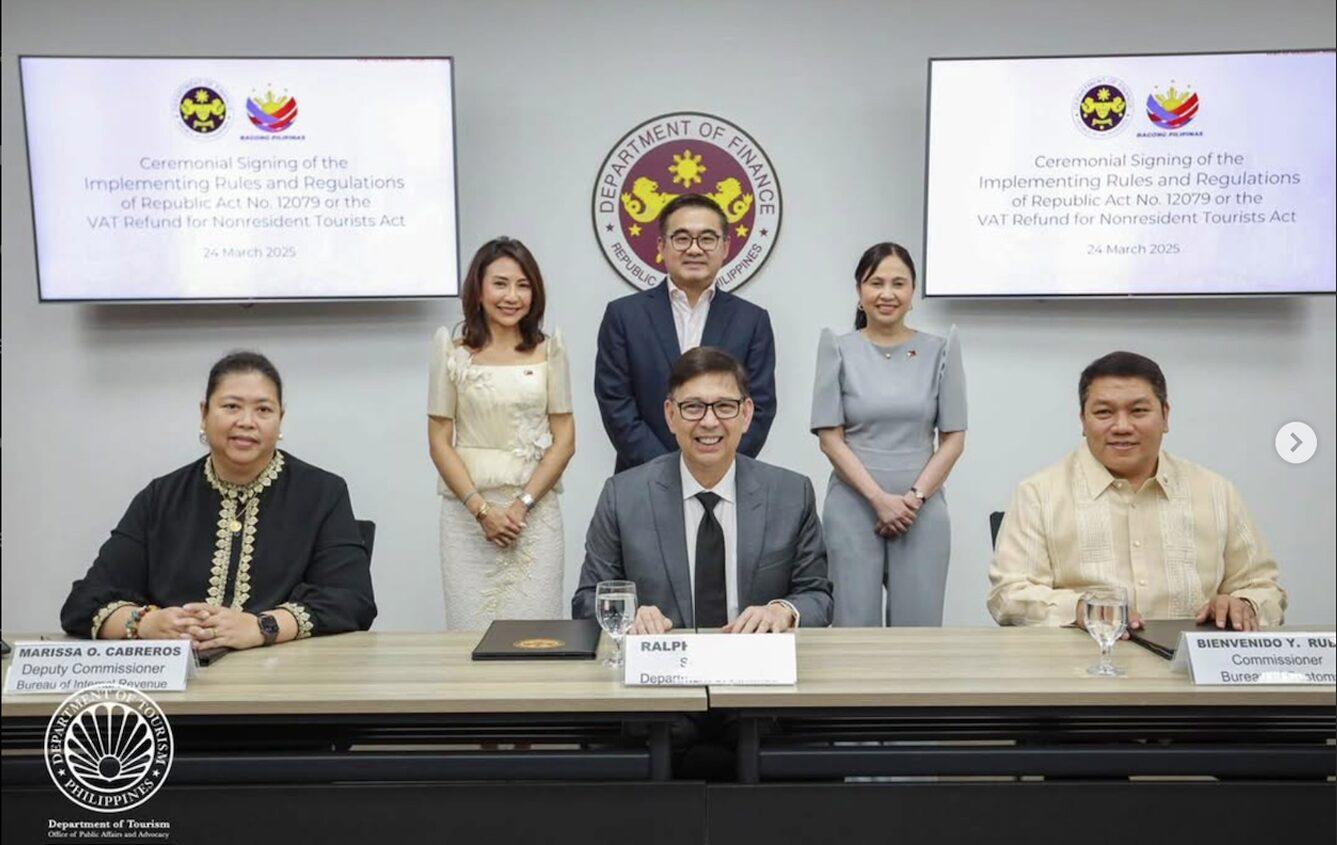The president wears a prestigious crown. The protocol, the linguistic circumlocution are intimidating at first, but then become a second language.
There is something about the aura of the President that makes everyone behave in a reverential manner.
The air changes when you’re talking to the President. It alters the way you behave around him.
Everyone (including his innermost circle, which consists of lifelong friends) ceases to perceive him as only a person they know and hold him in high respect.
The Malacañang Press Lounge is generally filled with activity, cigarette smoke, and profanity.
It is a place where first-timers get schooled in ribald humor inside this smoke-filled confusion.
Sassy presidential reporters make you feel like a fossil. They spend time conjuring words — from the sublime to the mediocre — trying to give a different angle to the canned press release from the Press Secretary.
Whether inside an airplane, a tugboat or a press bus Malacañang reporters were an absolute riot. They were a cageful of tigers heckling, with a triumph of invectives over substance — attributing to unnecessary pressure, trying to capture the president’s frame of mind, disposition, humor and temperament through continued gesture and body language.
On any given press conference, there is no prepared eloquence. You don’t shout questions at the President. He is politely asked, stammered at, flushed, gushed and whispered to.
Inevitably, someone mumbles and grunts and all one could make out was this reporter chewing the mic and swallowing it whole and the president saying: “Mylah, is there a question somewhere?” Or he would prefix his answer with “in answer to your convoluted question…”
Our priceless experience, dogging the presidential heels with our notepads (while was wise cracking complaining, kibitzing and squabbling among ourselves) took us to the liveliest serpentine tours in the archipelago or halfway around the world, with memorable stops in Brunei during midsummer, in New York during autumn, Seattle, a shimmering spring in China, the marvelous cherry blossoms in Washington DC, where the White House awaited the president.
Every Presidential foreign trip was a major undertaking (from the small advance party). Everyone is proudly picked — clean-cut, effective and disciplined individuals who descend on every presidential stop, days before his arrival.
All around are the president’s security detail — exuding an air of toughness, always striking an expedient pose.
However, they’re predisposed to being gentle and less aggressive, especially to those close to the President, those who skimmed the cream of the glory of power and the platoon of communicators, baggage handlers and his immediate staff, who must be able reach any part of the country instantaneously.
The president cannot travel without many assistants and departmental representatives, for whom presence in a presidential trip is a status symbol(most have no authority, except presidential confidence).
They hardly see the president at all. The presidential party is composed of 100-250 people.
It gets better. To move his whole entourage smoothly is no small feat. The press itself is a major challenge.
It is said that nothing could undermine the threat to the sanity of the Media Relations officers than the whining, complaining Press Corps, who has come to perennially battle how to cover both the President’s arrival and departure: journalists must be present at all events, yet after the TV and broadcast media have done their situationers, we in print have to go back to base and file our stories. And if the fax machine fails of there’s traffic at the phones, murder was always considered.
These presidential assistants are powerful in position but low in protocol rank. They are seated below the salt, sometimes spending more time calculating the distance separating them from Pres. Ramos, or the odds in reaching their cars before the presidential limo pulls out.
Even the ebullient policy makers could hardly concentrate on the questions we ask — their emotional stability was always on edge. What if they miss the motorcade?
The president strives mightily for peace in civic assemblies. His approach on dialogues is to conduct them in a bantering tone, accentuated by light repartee.
He puts the opposition at ease and avoids turning every issue into a test of will.
He simply emphasizes the need for firmness, when a line has to be drawn.
These provincial meetings are not, after all, meant to catalogue disagreements, but to chart a path to reconciliation. People are asked for consensus. FVR is always at his best in detonating political bombs.
The foreign trips were something else. The outcome was not foreseeable. At the outset, no promises were made.
The government does not wish to risk inflating expectations. Always, it’s just a sober assessment.
After all, the president is aware that dealings with foreign trips require reliability, precision and finesse.
Over the weekend, Asian Journal Publisher Mr. Roger Oriel hosted an intimate and elegant sit down lunch and book signing for former President Fidel V. Ramos and his First Lady, but that’s another story.





